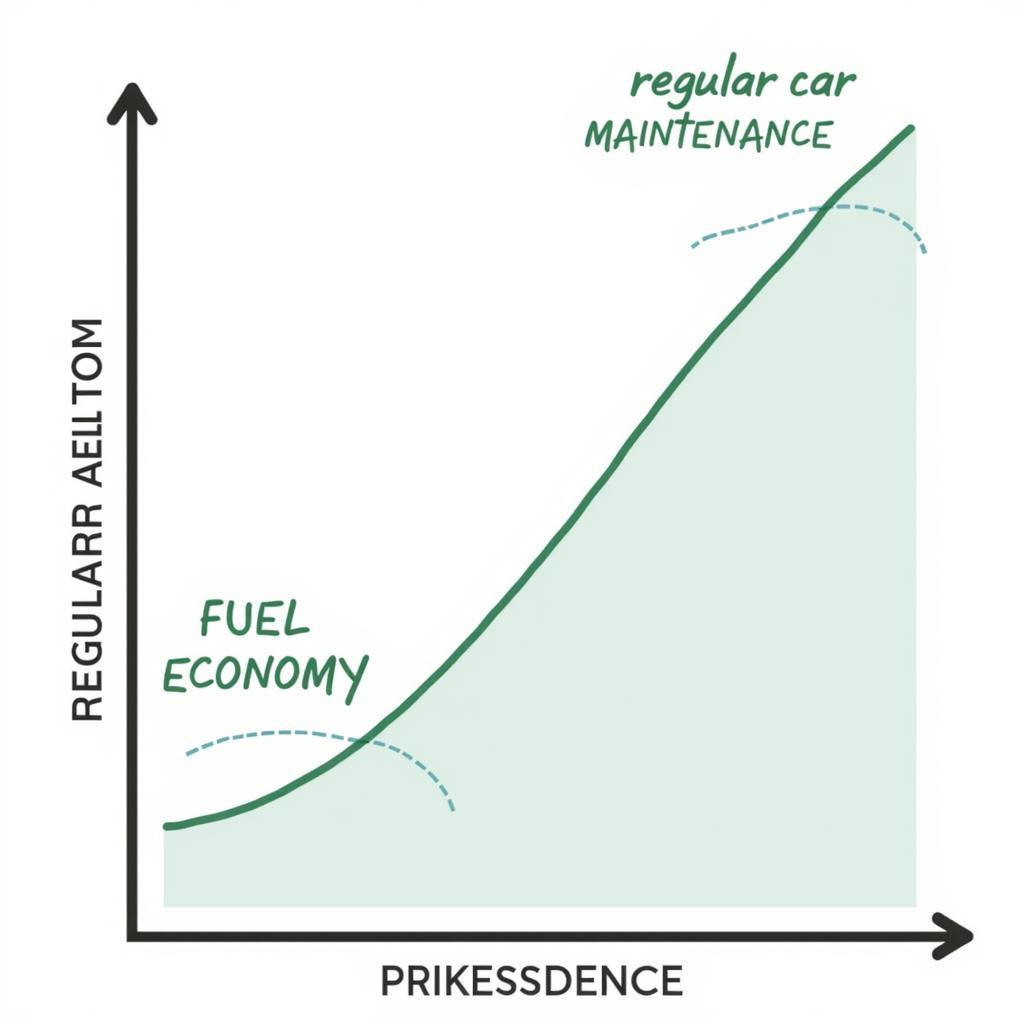Is Scheduled Car Maintenance Necessary? In today’s fast-paced world, it’s easy to overlook routine car maintenance. However, adhering to a regular maintenance schedule is crucial for the longevity, reliability, and safety of your vehicle. Ignoring scheduled maintenance can lead to costly repairs down the road, decreased fuel efficiency, and potentially dangerous driving conditions.
Why is Scheduled Car Maintenance so Important?
Regular maintenance ensures your vehicle operates at peak performance. It’s like giving your car a regular check-up, catching small problems before they become major headaches. Is scheduled car maintenance necessary for your car? Absolutely! Whether you drive a brand new sports car or a trusty older model, consistent maintenance is key.
Preventing Costly Repairs with Scheduled Maintenance
One of the primary benefits of scheduled car maintenance is preventing expensive repairs. Regular oil changes, for instance, help lubricate the engine and prevent excessive wear and tear. Ignoring this simple task can lead to engine damage, requiring significant repairs that could have been avoided with routine maintenance.
Ensuring Safety Through Regular Car Maintenance
Safety is paramount when it comes to driving. Scheduled maintenance plays a vital role in ensuring your vehicle is safe to operate. Brake inspections, tire rotations, and fluid checks are all critical components of scheduled maintenance that contribute to safe driving conditions. Neglecting these checks can compromise your safety and the safety of others on the road.
Maximizing Fuel Efficiency with Scheduled Maintenance
In a time of rising fuel costs, maximizing fuel efficiency is a top priority for many drivers. Surprisingly, regular car maintenance can significantly impact your vehicle’s fuel economy. Properly inflated tires, clean air filters, and well-maintained engines all contribute to better gas mileage.
 Maximizing Fuel Efficiency with Scheduled Maintenance
Maximizing Fuel Efficiency with Scheduled Maintenance
What Does Scheduled Car Maintenance Involve?
Scheduled car maintenance encompasses a range of services tailored to your specific vehicle make and model. Consult your owner’s manual for the recommended maintenance schedule. Typical services include oil changes, tire rotations, fluid top-offs, brake inspections, and filter replacements.
Understanding Your Car’s Maintenance Schedule
Your car’s owner’s manual is your go-to guide for understanding its specific maintenance needs. It outlines the recommended service intervals and the types of services required at each interval. Familiarize yourself with this information to ensure your vehicle receives the proper care.
The Importance of Following Manufacturer Recommendations
Following the manufacturer’s recommended maintenance schedule is essential for maintaining your vehicle’s warranty. Many warranties are contingent upon adhering to the prescribed maintenance schedule. Failing to do so could void your warranty, leaving you responsible for costly repairs.
“Regular maintenance is an investment, not an expense,” says John Davis, Senior Automotive Technician at Auto Experts Inc. “It’s a proactive approach that saves you money and headaches in the long run.”
Is Scheduled Car Maintenance Necessary if My Car is New?
Even new cars require scheduled maintenance. While they may seem pristine and problem-free, regular maintenance is crucial for ensuring their longevity and preventing future issues. “Skipping scheduled maintenance, even on a new car, is like skipping your annual doctor’s appointment,” adds Maria Sanchez, Lead Mechanic at Premium Auto Care. “Early detection is key to preventing major problems.”
Conclusion
Is scheduled car maintenance necessary? The answer is a resounding yes. From preventing costly repairs and ensuring safety to maximizing fuel efficiency, the benefits of adhering to a regular maintenance schedule are undeniable. Contact AutoTipPro at +1 (641) 206-8880 or visit our office at 500 N St Mary’s St, San Antonio, TX 78205, United States for all your car maintenance needs.
FAQ
- How often should I get my oil changed?
- What is included in a basic tune-up?
- How can I tell if my brakes need to be replaced?
- What are the signs of a failing alternator?
- Why is tire rotation important?
- How often should I have my car’s fluids checked?
- What is the difference between synthetic and conventional oil?





Leave a Reply